Pause. Notice. Slow down…for just a moment. Breathe.
My husband and I just led a couples retreat at Mohican State Park. The setting was beautiful, surrounded by trees, nature, and the lake. The lodge had a variety of spaces for sitting, rocking, or being by the fire (both inside and outside). Our goal for the time was connection, to themselves and to each other.
The question was asked there, and then later in one of my sessions, “What’s a check in?” I don’t think it had ever dawned on me to define it. The question itself gives me a chance to clarify the meaning it has for me as I consider it.
A check in is becoming more aware, making the unconscious conscious. It is taking an intentional moment to pause and notice what is happening — inside my own body (my thoughts, feelings, body sensations), and potentially between me and another person in our relationship.
A concrete visual is looking at the battery life on your computer or phone, or the fuel or oil gauge on your car. Checking in on those measurements give us important information to run things smoothly.
We can live much of our life in auto pilot, going through the motions, but missing so much. To notice is the language of the brainstem — to wake us up, to be more embodied, that allows us to respond with more attentiveness, appreciation, and care.
